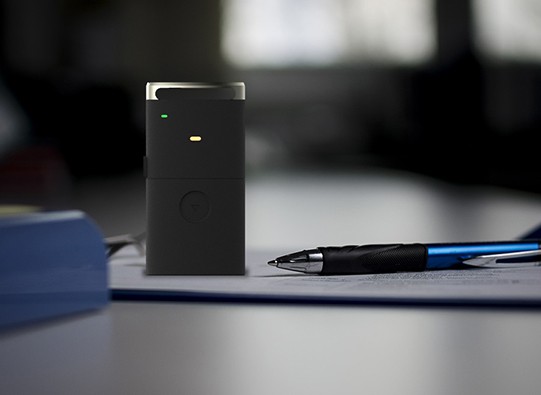
Manufacturing Cyber Security (2FA)
How to ensure security in your manufacturing facility.
Cyber security is essential for manufacturing facilities. Hackers can access a single point within a connected system and potentially threaten an entire network. Techniques like phishing, password resets, and keylogging can give bad actors entrance to a manufacturing operation’s entire network. They could download sensitive data or trade secrets, gain control of embedded systems, or install ransomware and demand payment. These are significant dangers. The average ransom demand for companies rose to more than $300,000 in 2020.
Manufacturing cyber security is complicated by the fact that many manufacturing operations have various software and embedded systems from different vendors, each with its own security standards.
How to strengthen manufacturing cyber security.
A manufacturing company’s IT department can implement additional protections to negate threats related to compromised credentials. According to a study by Verizon, 82% of cyber attacks were due to human error, such as not protecting passwords. Tools like two-factor authentication (2FA) can add an extra layer of security that makes it more difficult, if not impossible, for hackers to access a secure system even if they steal genuine login information.
How does 2FA work?
2FA serves as an access control mechanism. In addition to their regular login credentials (username and password), authorized users also need an additional factor (key) before they can gain access. If a company deploys 2FA, a hacker with stolen passwords would still not be able to access the system. Think of it as a second lock on a door – even if someone gets one key, they still need a second to ultimately gain entry.
What are the types of 2FA available for manufacturers?
There are several different 2FA options. The most common one, which many people are already aware of, is SMS-based. Users receive a text message with the code needed to log in. The added layer of security increases protection, but it isn’t perfect. Hackers could intercept the code or use it if they have access to an employee’s phone. A related option is to use specialized applications that generate time-sensitive codes on the user’s device. Again, a hacked or stolen smartphone can make this option ineffective.
Though these 2FA methods are much better than a single password, they are not as secure as other options. There are two other choices that provide more cybersecurity for manufacturing companies.
Technology has made biometric logins more accessible, even for smaller companies. Facial recognition, fingerprint scanners, voice recognition, or rental scans can serve as 2FA methods.
Biometrics are difficult, but not impossible, to spoof, but they can provide protection even if hackers have access to employees’ smartphones.
The most secure 2FA option for manufacturing cyber security.
Hardware-based 2FA is the most secure method for manufacturing cyber security. Some examples are token-based, proximity-based, OTP, push notification, etc. They would need to physically possess the hardware device to log in to the system. At the same time, authorized users with a key can access the network quickly without waiting for an SMS code.
2FA options will continue to evolve, but hardware-based authentication remains the most secure choice for the manufacturing industry.

Why does the shop floor need 2FA?
Cyber security is the first reason why every manufacturer needs to deploy 2FA. The threat landscape is becoming more dangerous. Insider threats, corporate espionage, foreign actors, cybergangs, and more are wreaking havoc for institutions everywhere. 2FA is a fundamental defense mechanism against many of these threats.
2FA can help reduce costs for manufacturers. Most 2FA solutions inadvertently increase the amount of time required to login (since there are now two factors instead of one). But some, including GateKeeper 2FA, actually reduce the time spent logging in. Therefore, manufacturers can actually save a lot of time on the shop floor through productivity improvements.
Another very important reason to implement 2FA is to reduce cybersecurity insurance premium costs. Most cybersecurity insurance providers now require that those seeking coverage enforce 2FA.
See GateKeeper Enterprise advanced MFA in action.
Take a self-guided tour of how you can evolve from passwords. Then you're really saving time with automation.




